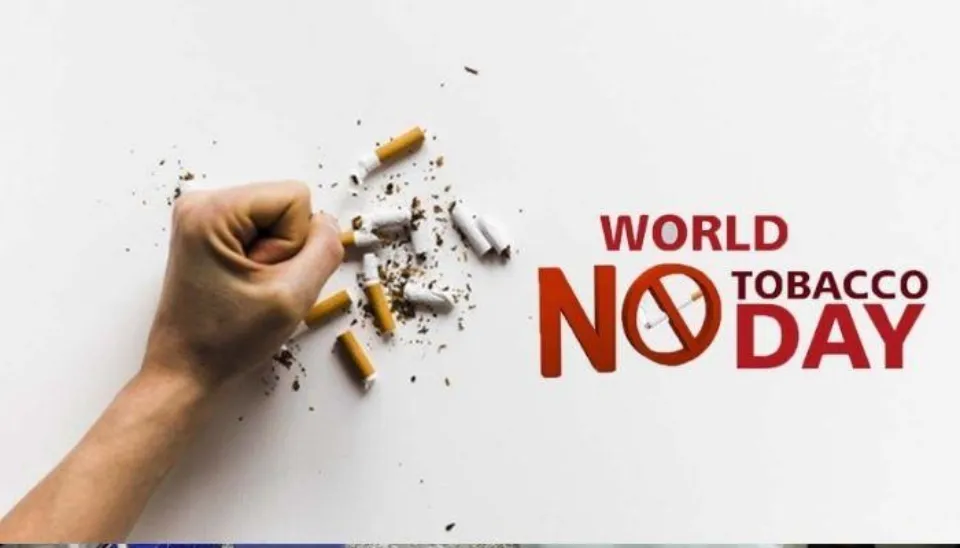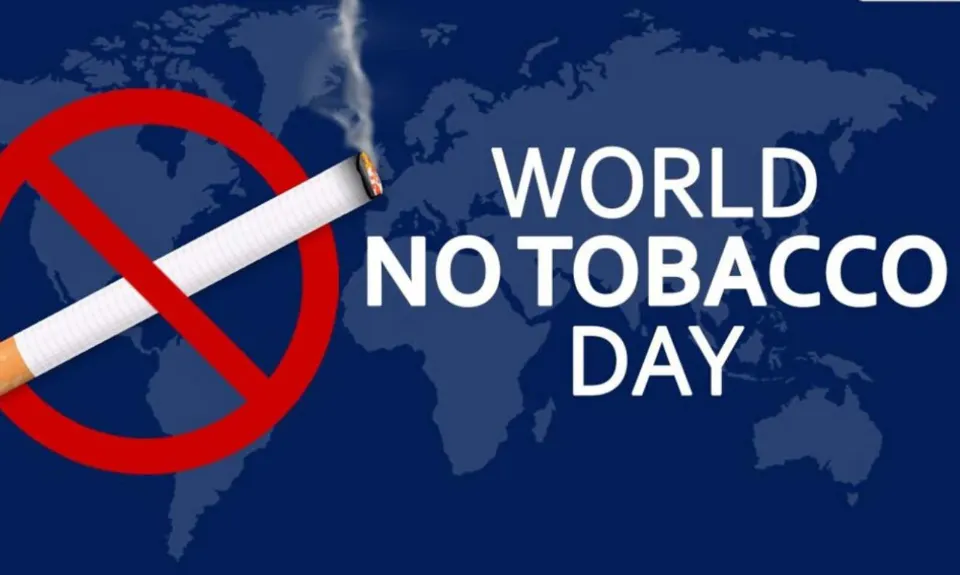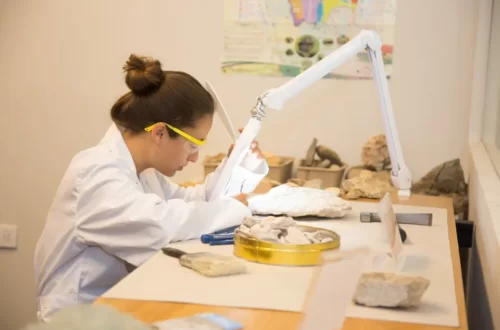
World No Tobacco Day 2023: We Need Food, Not Tobacco
World No Tobacco Day (WNTD), which will be observed on May 31, 2023, will be observed by WHO and public health advocates from all over the world. This year’s theme is “We need food, not tobacco”. The 2023 global campaign aims to encourage tobacco farmers to grow nutrient-dense, sustainable crops by increasing awareness of alternative crop production and marketing opportunities. The tobacco industry’s attempts to obstruct efforts to replace tobacco farming with sustainable crops, which worsens the world food crisis, will also be the subject of the campaign.
Tobacco Growing and Production Exacerbates Food Insecurity
Conflicts and wars, climatic shocks, and the COVID-19 pandemic’s effects on the economy and society are all contributing factors to the growing food crisis. Structural causes like the choice of crop also have an impact, and a look into tobacco growing reveals how it contributes to increased food insecurity:
- Every year, about 3.5 million hectares of land are converted for the growing of tobacco worldwide. Additionally, tobacco farming contributes to the annual loss of 200 000 hectares of forest.
- Pesticides and fertilizers are heavily used in the production of tobacco, which degrades the soil and consumes a lot of resources.
- Due to the fact that tobacco depletes soil fertility, land used for growing tobacco has a lower capacity for growing other crops, such as food.
- Tobacco farming, which is more prone to desertification than other agricultural practices like maize cultivation and even livestock grazing, has a much more detrimental effect on ecosystems.
It’s possible that any money made from tobacco as a cash crop won’t be enough to make up for the harm done to the world’s low- and middle-income nations’ ability to produce food sustainably. In light of this, it is urgent to enact legal measures that will reduce the cultivation of tobacco and assist farmers in switching to the cultivation of alternative food crops.
Supporting the Creation of Alternative Livelihoods

The tobacco industry frequently promotes itself as an ally in the fight to protect tobacco farmers’ way of life. The truth is very different from this. The extensive use of toxic chemicals and insecticides during the cultivation of tobacco contributes to the poor health of many farmers and their families. Additionally, unfair contractual agreements with tobacco companies keep farmers in poverty, and the use of child labor, which is frequently woven into the cultivation of tobacco, interferes with their right to an education and is against human rights.
The top ten producers of tobacco are grown in nine low- and middle-income nations, four of which are classified as low-income food-deficit nations. Tobacco farming land could be used more effectively to achieve Sustainable Development Goal 2 — ending hunger — of the United Nations.
The 2023 WNTD campaign calls on governments and decision-makers to strengthen legislation, create appropriate policies and strategies, and create the market conditions necessary for tobacco farmers to switch to growing food crops that would improve their lives and the lives of their families. Article 17 of the WHO Framework Convention on Tobacco Control lays out specific principles and policy options for the promotion of commercially viable alternatives for those who work in the tobacco industry, grow tobacco, and sell it directly to consumers, while Article 18 of the same document outlines ways to improve environmental and public health protection. The countries should strengthen their application of these provisions.





Average Rating